How to Prevent Falls at Home
Advertisement
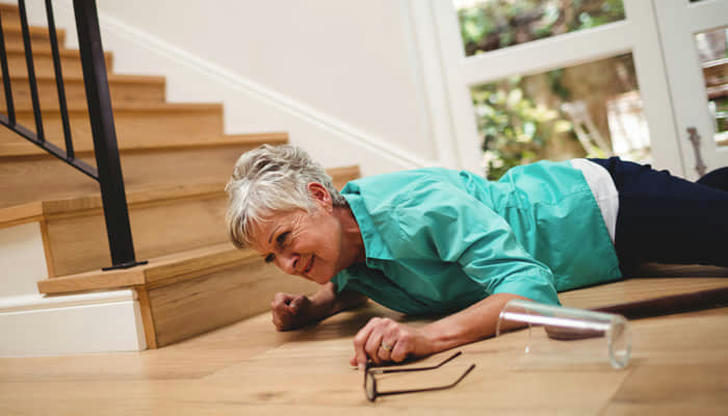
As our loved ones grow older, they become more likely to fall, which can lead to serious injuries. Falls can be scary, but with some simple steps, you can help keep your elderly family members safe at home.
This guide will walk you through easy ways to prevent falls and make sure your loved ones are secure and comfortable.
1. Why Are Falls More Common for Seniors?
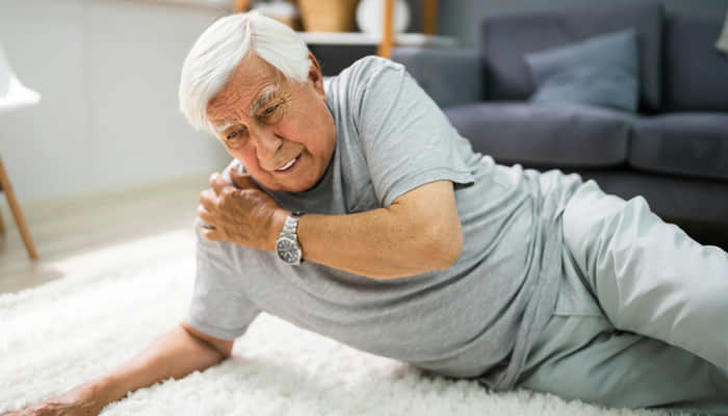
First, it's important to know why seniors are more likely to fall. As people age, their balance, strength, and coordination naturally decline. Some medications can make them feel dizzy, and vision problems make it harder to spot obstacles.
Things like arthritis, weak muscles, and slower reflexes can make it tough to recover from a trip or stumble. By understanding these challenges, you can better protect your loved ones from falls.
2. Make the Home Safer
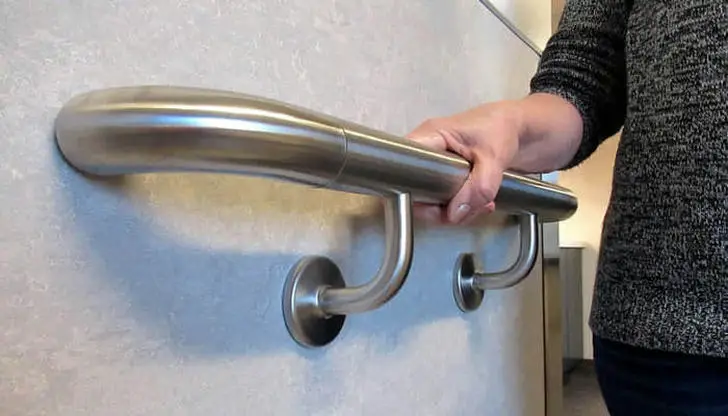
One of the easiest ways to prevent falls is to make sure the home is free of hazards. Take a look around and remove anything that could cause a trip or slip. Here's where to start:
• Floors: Keep walkways clear of clutter, cords, and loose rugs. Slippery floors are a big no-no, so make sure carpets are securely fastened.
• Stairs: Add sturdy handrails on both sides of stairs and make sure they're well-lit. You can also add non-slip treads to help with grip.
• Bathrooms: Install grab bars by the toilet and in the shower. Use non-slip mats in the tub or shower. Raised toilet seats and shower chairs can make things easier, too.
• Lighting: Dark spaces can be dangerous. Add bright lighting in rooms, hallways, and stairways. Motion-sensor nightlights are perfect for bedrooms and bathrooms.
3. Encourage Exercise for Better Strength and Balance
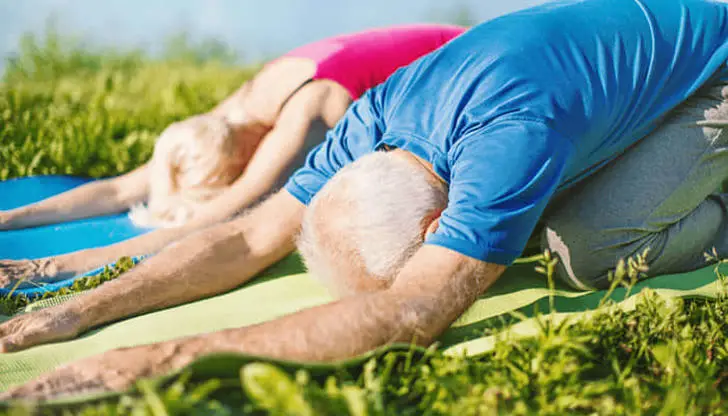
Exercise is one of the best ways to help your loved ones stay strong and steady. Regular movement improves muscle strength, flexibility, and balance. Some great activities for seniors include:
Walking: Simple but effective. A daily walk helps with overall strength.
Tai Chi: This gentle exercise is known to improve balance and prevent falls.
Strength Training: Light weights or resistance exercises help build stronger muscles.
Balance Exercises: Standing on one leg or simple balance drills can make a big difference.
Before starting any new exercise program, check with your loved one's doctor to make sure it's safe for them.
4. Check Medications with the Doctor

Certain medications can cause dizziness, drowsiness, or low blood pressure, which can increase the risk of falls.
Have the doctor or pharmacist review your loved one's medications regularly. If any are causing balance issues, they may be able to adjust the dosage or prescribe something different.
5. Use Assistive Devices to Boost Safety
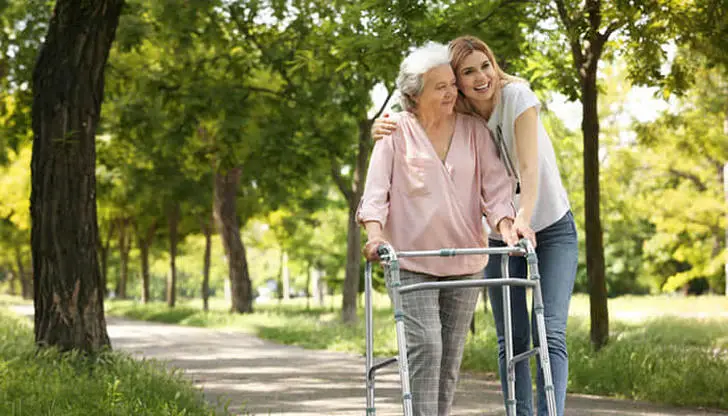
Sometimes, the best way to prevent a fall is with a little extra support. Canes, walkers, and other assistive devices can be lifesavers for seniors with mobility issues. If your loved one is unsteady, encourage them to use these aids.
While some seniors may feel embarrassed or think using a cane makes them look weak, it's important to remind them that these tools help them stay independent and safe.
Canes and Walkers: Canes offer balance, while walkers provide more stability.
Grab Bars: Placing grab bars in key spots, like the bathroom, gives extra support when moving around.
Non-Slip Socks or Shoes: Well-fitting, non-slip shoes are essential to prevent slipping. Loose slippers or going barefoot are not the safest options.
6. Schedule Regular Eye and Hearing Check-Ups
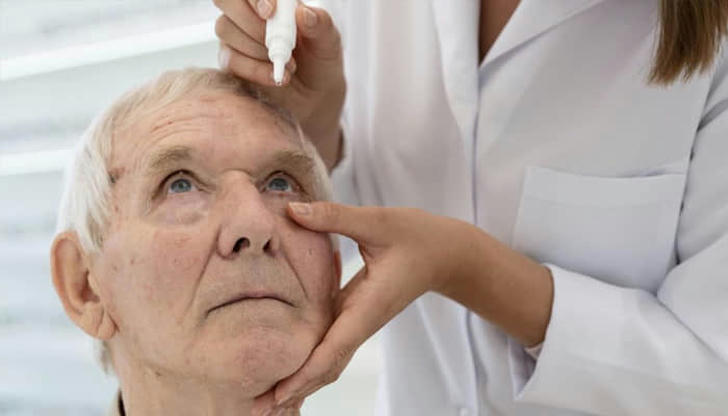
Good vision and hearing are critical for balance and avoiding falls. As we get older, these senses often weaken. Regular eye exams help ensure glasses prescriptions are up to date, and any vision changes are caught early. Seniors who wear bifocals or trifocals should be extra careful, especially on stairs.
Hearing loss can also affect balance. Regular hearing tests are important, and if your loved one uses hearing aids, make sure they're working properly.
7. Have a Fall Prevention Plan
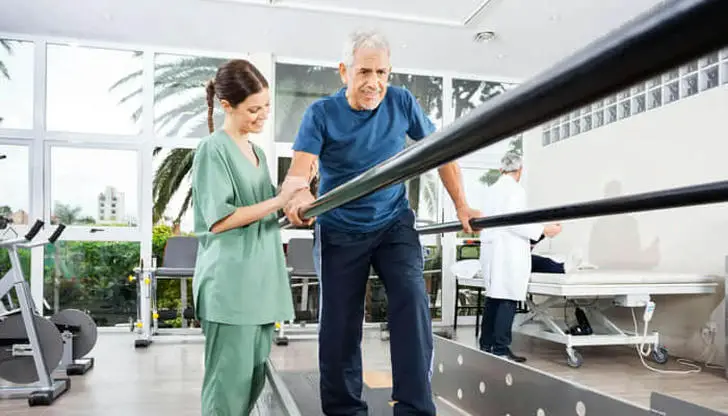
Even with all these precautions, it's good to have an emergency plan in place just in case a fall does happen. Here's what you can do:
Wearable Devices: Personal emergency response systems (PERS) are wearable devices that allow seniors to call for help with the press of a button. Many offer 24/7 monitoring.
Emergency Contacts: Make sure your loved one has an easy way to reach family members or neighbors in case of a fall. Keep a list of emergency contacts in an easy-to-find spot.
Regular Check-ins: If your loved one lives alone, check in regularly by phone or in person to make sure everything's okay.
8. Talk Openly About Fall Prevention

Talking about fall prevention with an elderly loved one isn't always easy. They may be resistant to changes, especially if they feel it affects their independence.
However, it's important to approach the conversation gently and explain that these measures are for their safety and well-being. Encourage them to share any concerns about balance or mobility, so you can work together to find solutions.
Conclusion: Simple Steps to Protect Your Loved One
Falls are a serious concern for seniors, but they're not inevitable. By making a few changes around the home, encouraging regular exercise, and ensuring regular check-ups, you can greatly reduce the risk of falls.
Each small step, whether it's adding a grab bar in the bathroom or installing better lighting, can make a big difference in keeping your loved one safe and independent.
Taking the time to make these changes shows how much you care and can help your elderly loved ones feel secure and confident in their daily lives.
